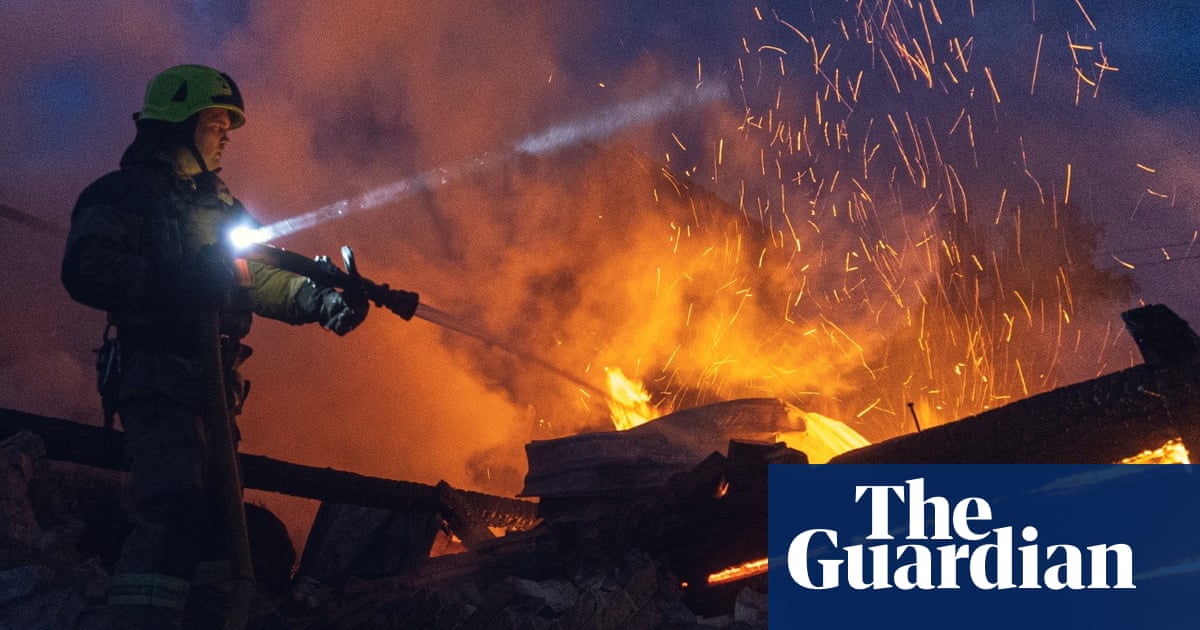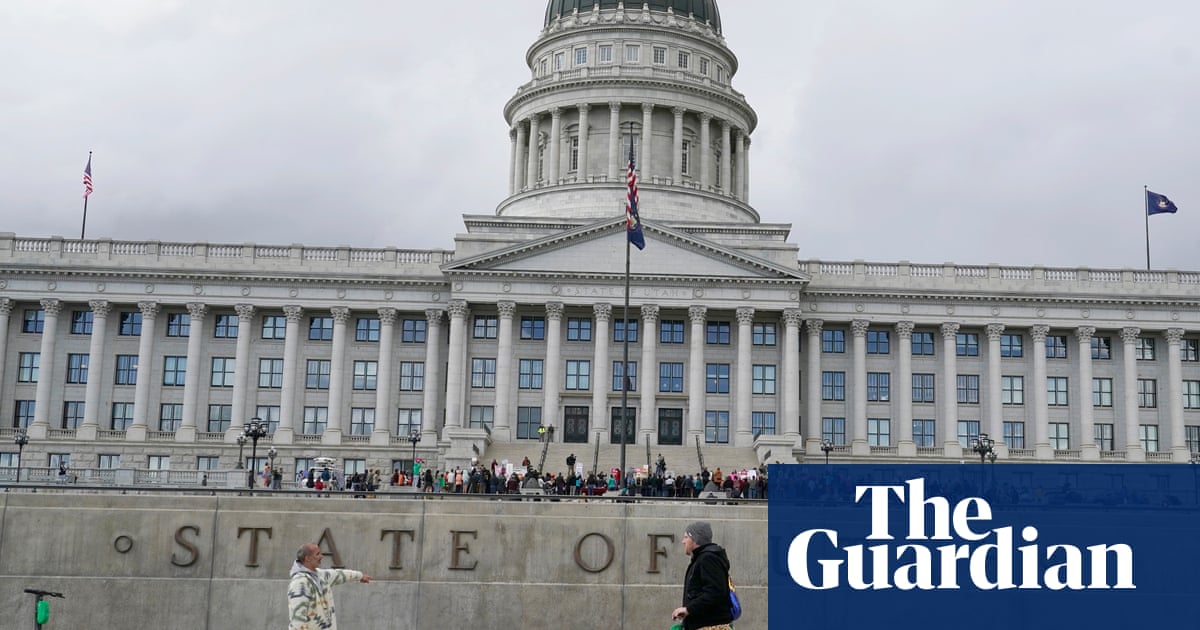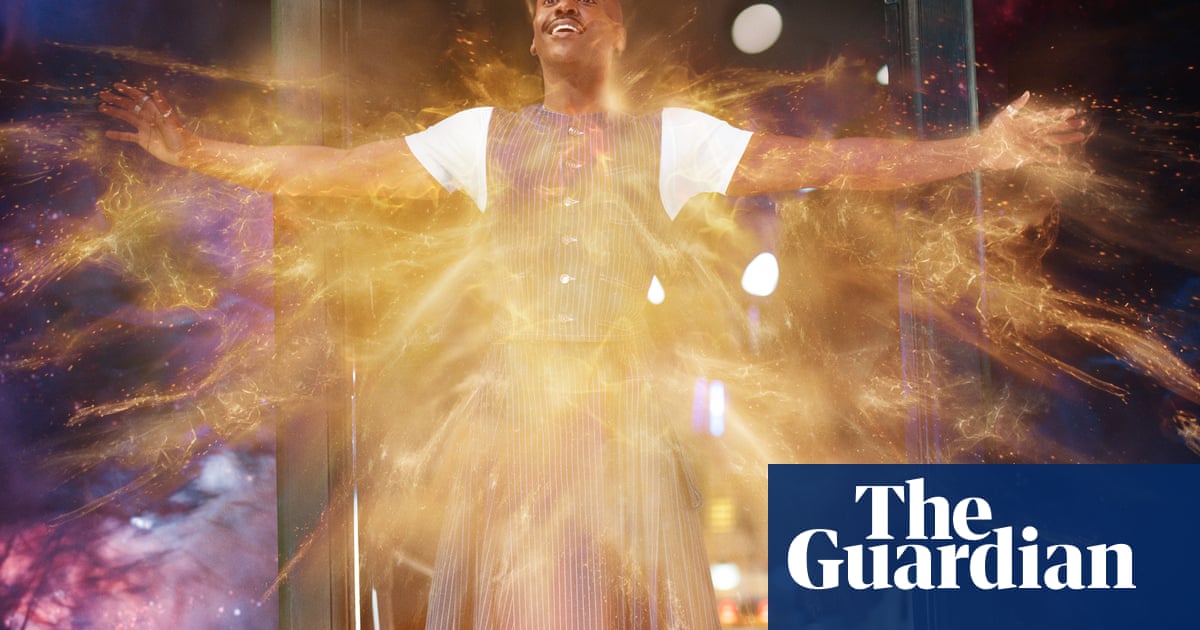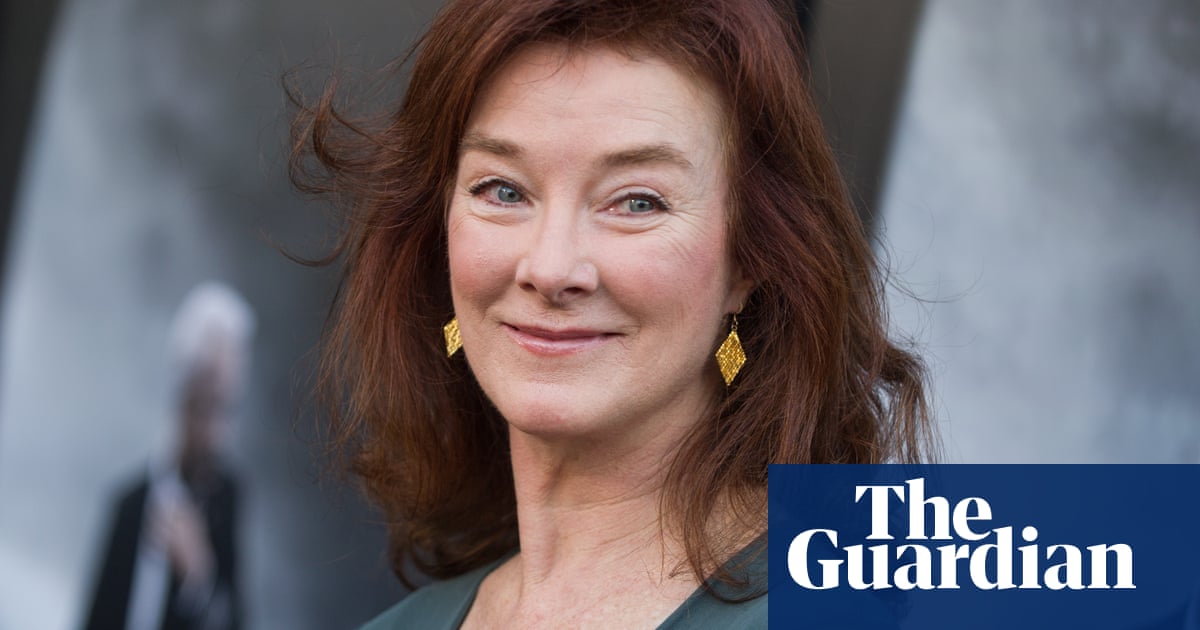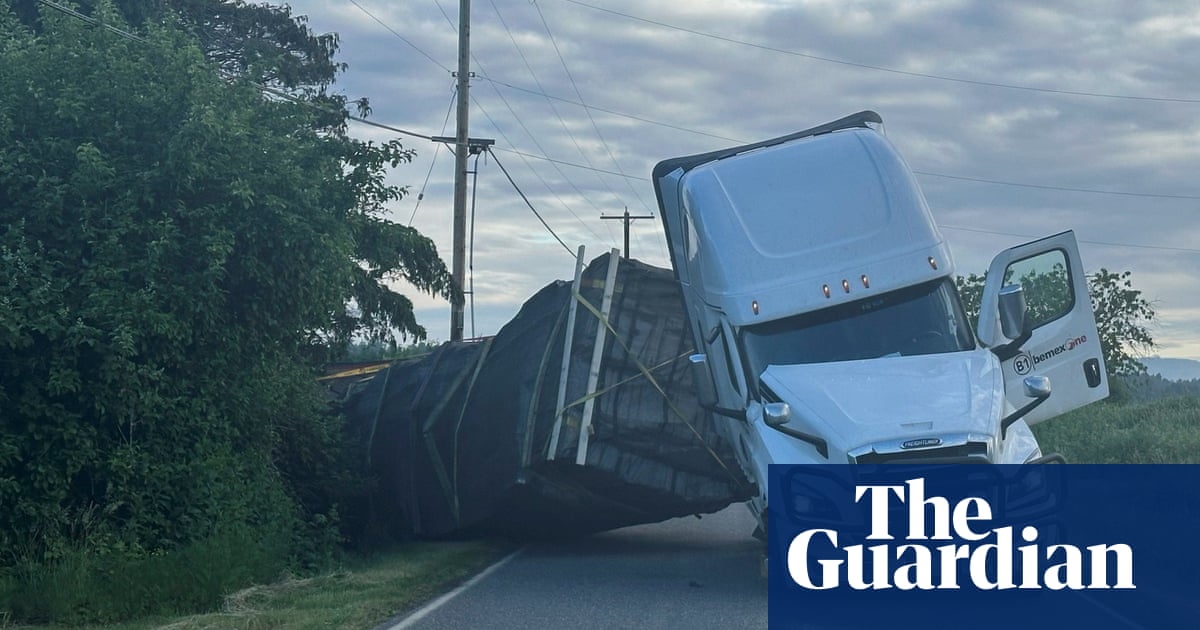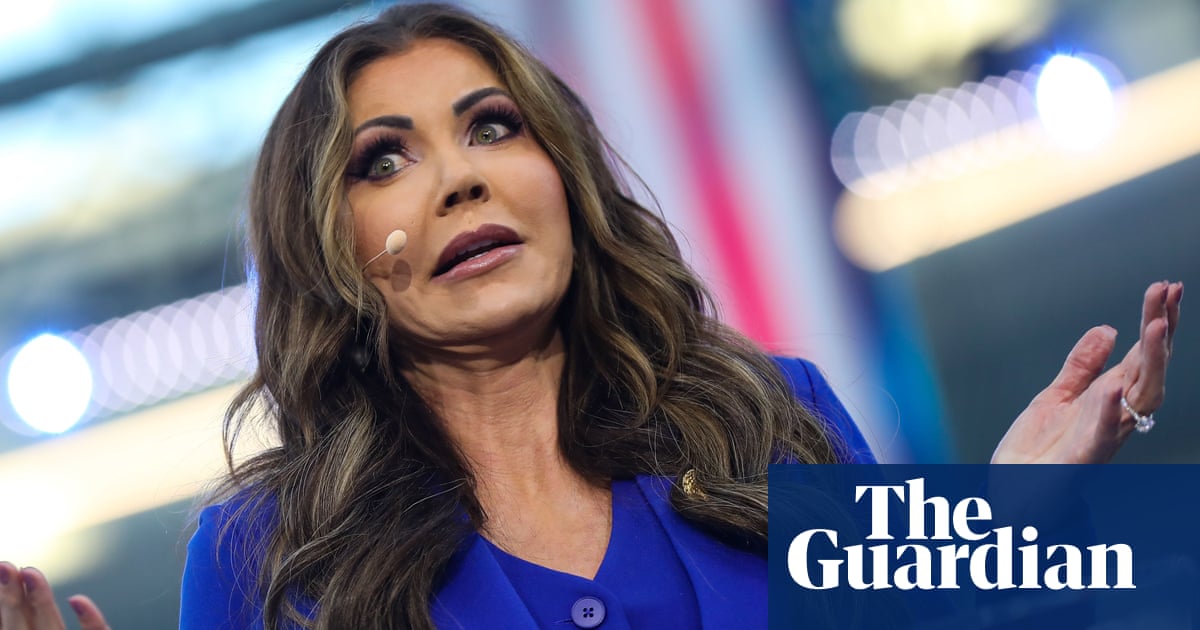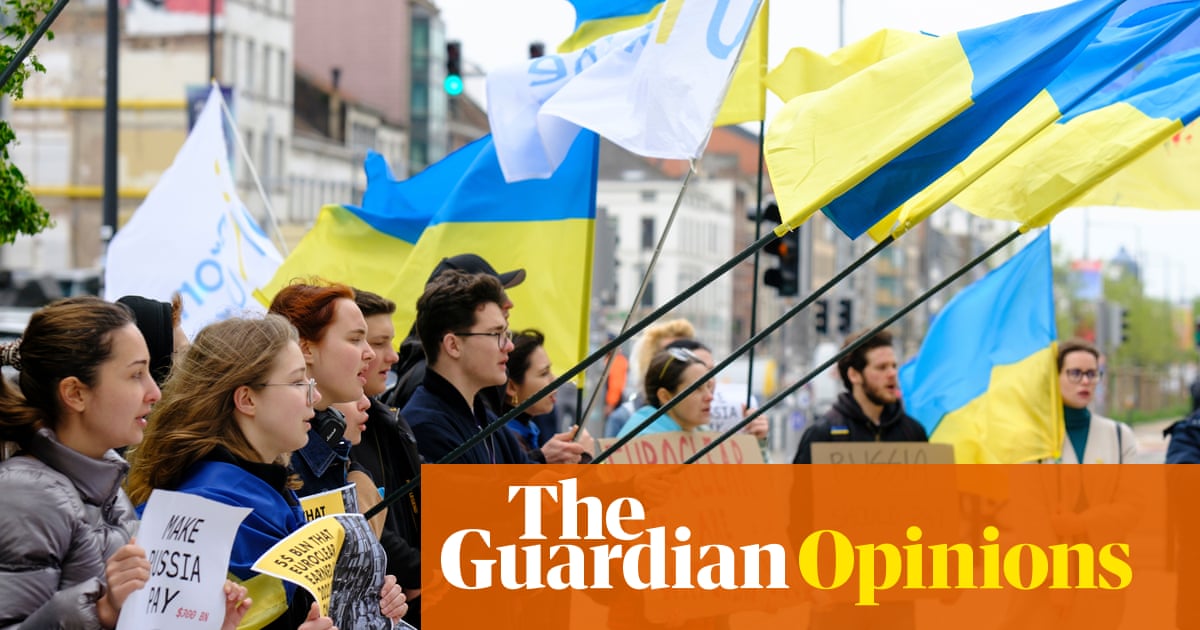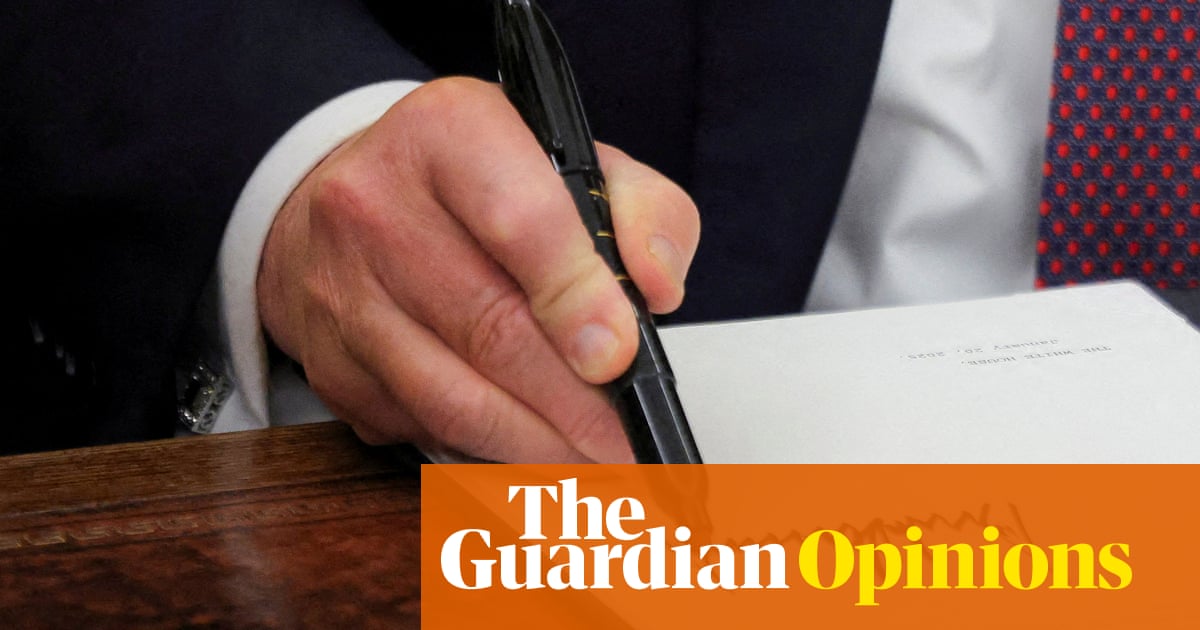Barbieland, the Emerald City and a galaxy far, far away were all built – at least in part – at film studios just outside London. Now the UK film industry has come crashing down to earth with Donald Trump’s threat to impose 100% tariffs on all movies “produced in foreign lands”. “Hollywood is being destroyed,” Mr Trump announced, like an action hero on a mission. “Other nations have stolen our movie industry.” In the UK the news was met with warnings that the British film sector would be “wiped out” by such a “knock-out blow”. Brian Cox, the Succession star, called the proposed tariffs “an absolute disaster”. Roll the opening credits.
Mr Trump has a point. New instalments of Marvel’s Avengers and Spider-Man are filming around London this summer. No wonder the president wants “MOVIES MADE IN AMERICA, AGAIN!” The UK’s generous tax incentives, skills base and state-of-the-art facilities have helped make it “the Hollywood of Europe”. Now it is under threat. Without these blockbusters, Britain would be left with more than a superhero deficit.
Like the British TV industry, UK film is already in a precarious state. Covid, the US screenwriters’ and actors’ strike, streaming platforms, a reduction in public spending alongside rising production costs, not to mention the dangers of AI, have all taken their toll.
It hasn’t been entirely bad news: on the face of it, film-making is flourishing. Since 2019, stage space in the UK has doubled, with expansions at Leavesden and Pinewood, alongside the creation of a new studio in Liverpool. If Trump’s tariffs go ahead, and if they are extended to include TV production, these vast buildings could be left empty.
The biggest impact would be on the nearly 200,000 people who work in film and TV. According to one chief executive, without American movies the thousands of freelancers on which the sector depends would be “jobless”.
Today’s film industry is a complex and globalised one, albeit one in which the US retains much power. Determining the nationality of a film is a bit like asking which parts of a cow your hamburger comes from. Even quintessentially British franchises are usually co-productions with American companies: James Bond now reports to Amazon; Harry Potter is Warner Bros. This is not new: Mary Poppins floated into Cherry Tree Lane via Burbank, California. The Brooklyn scenes in Captain America were shot in Manchester. Last year, the French streaming company that owns the Paddington franchise promised not to change “this very British bear” to appeal to American audiences. “I’m a little bit of everything,” our bear observes at the end of Paddington in Peru.
Film is at the heart of the UK’s cultural sector, soft power and identity. As Philippa Childs, head of the creative industries union Bectu, says: “It is a matter of essential national economic interest.” The greatest risk is that smaller movies might not be made at all. More than ever, help must be given to bolster Britain’s independent film industry.
How – or even if – these levies will be imposed is far from clear. The government appears to be advising a policy of keep calm and carry on. Maybe Sir Keir Starmer could follow Mr Trump, who has appointed Sylvester Stallone, Mel Gibson and Jon Voight as screen tsars, by recruiting a trio of British film “special ambassadors” – Sir Michael Caine, Idris Elba and Dame Judi Dench, perhaps? M would surely have had something to say about relocating from Pinewood to Atlanta.
-
Do you have an opinion on the issues raised in this article? If you would like to submit a response of up to 300 words by email to be considered for publication in our letters section, please click here.

 3 weeks ago
30
3 weeks ago
30

